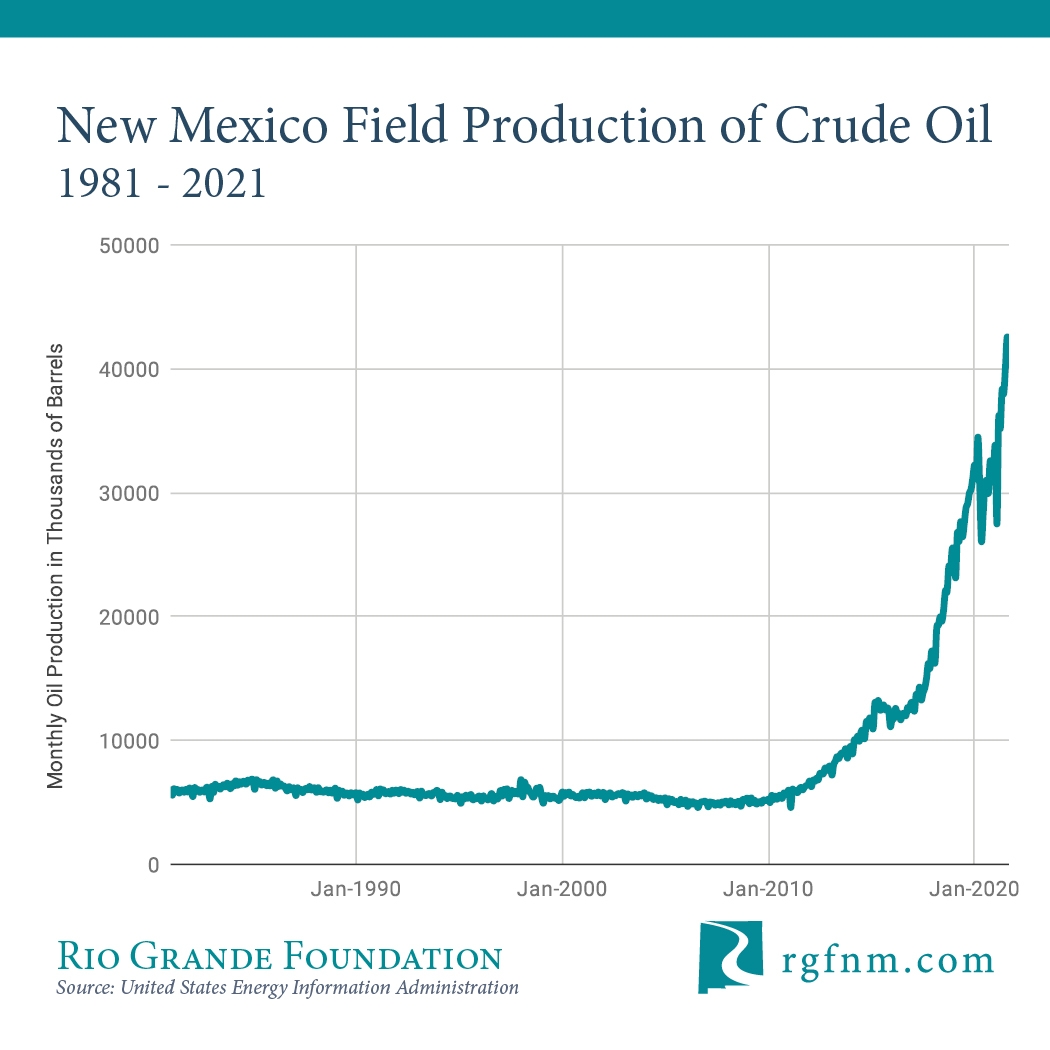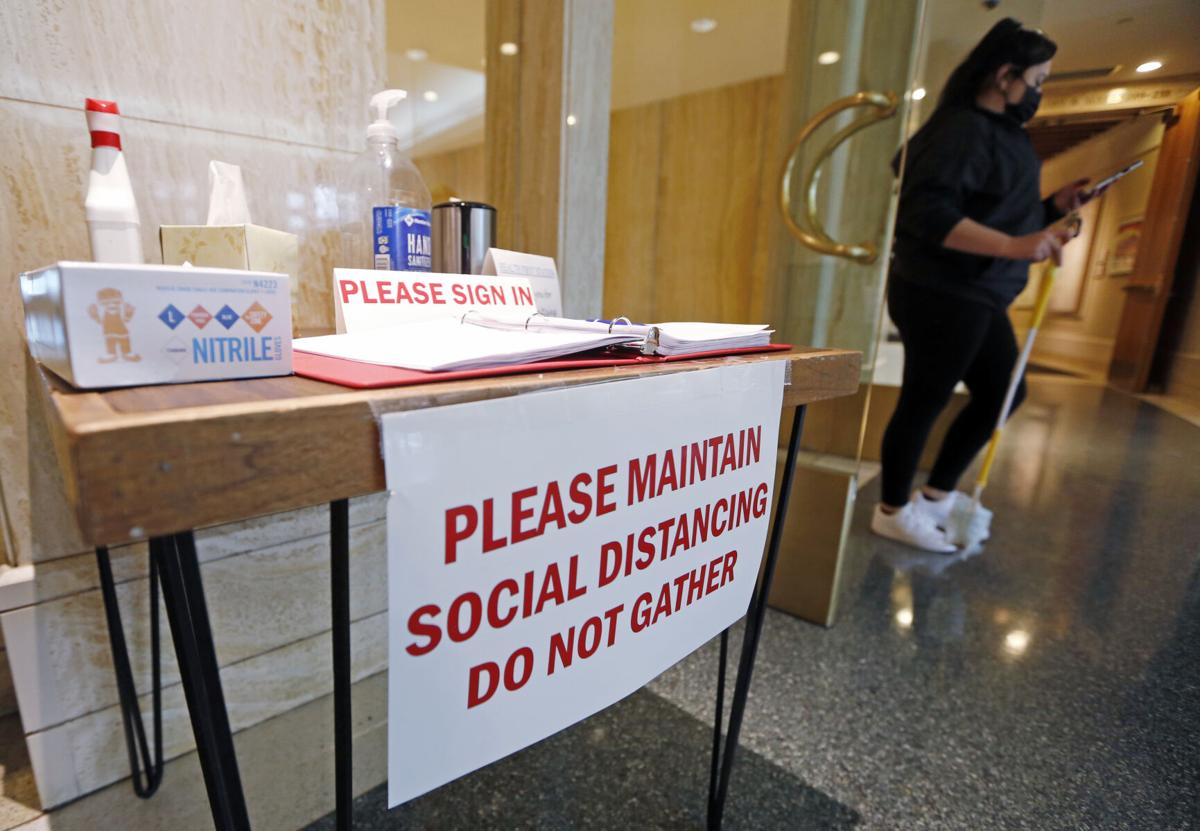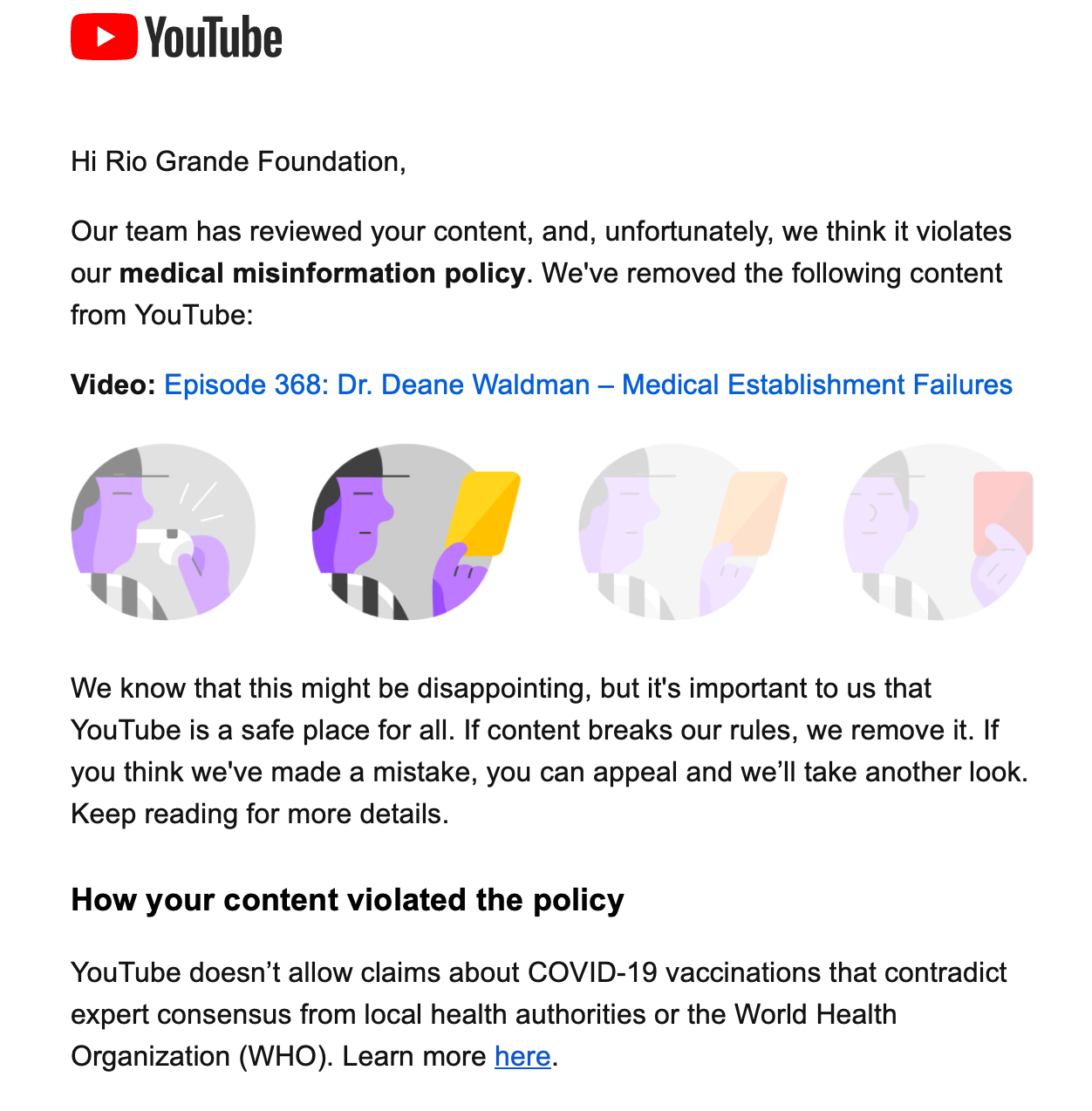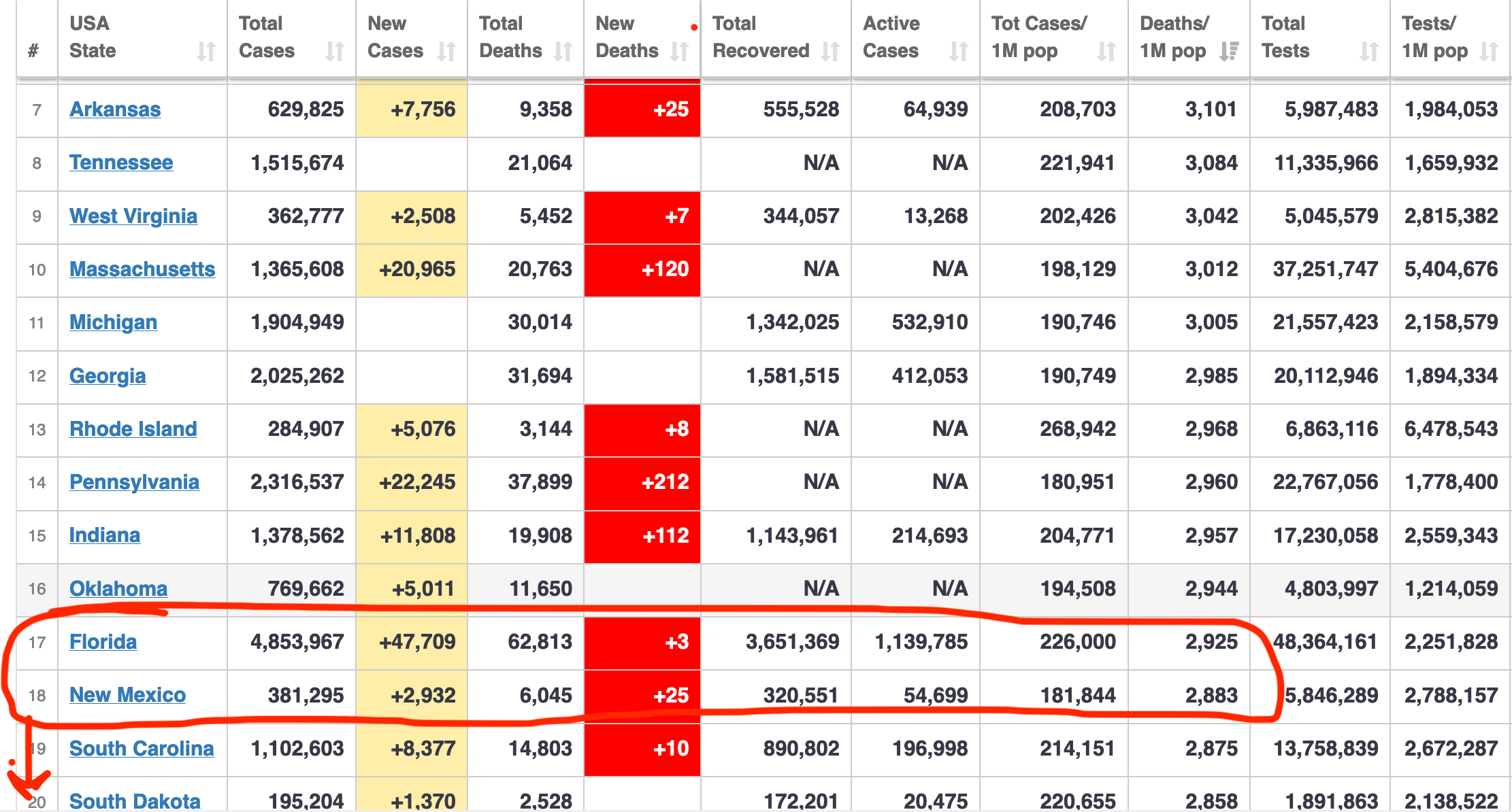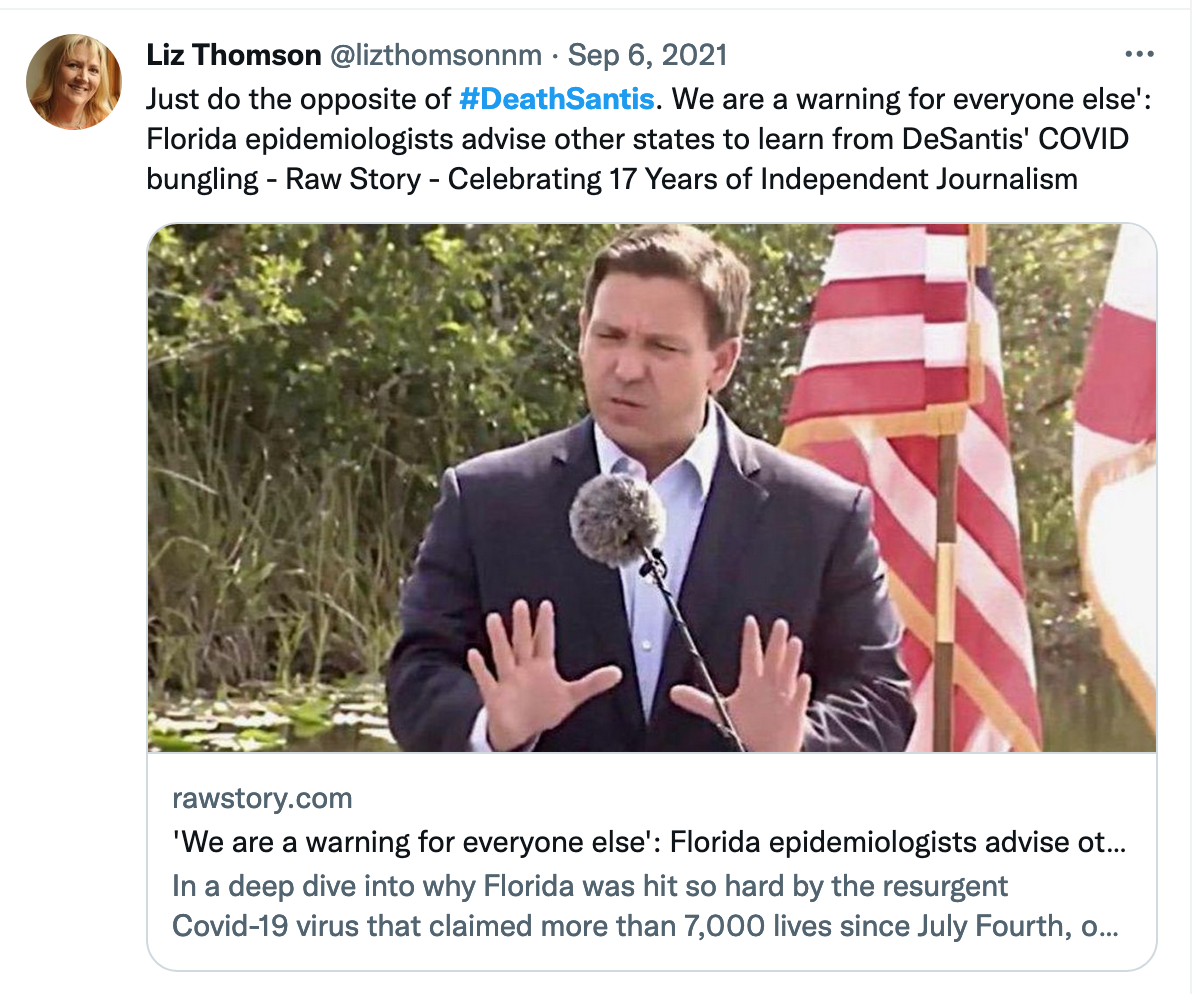As of the day before the 2022 Legislature kicks off, here are some of the worst bills introduced in the session (so far). You can see the updated list of bills introduced in the session here as of January 17, 2022. More will be added. Given the large number of bills likely to be introduced, I’ll also offer a brief thought on how likely they are to pass:
HB 6, Reps. Nathan Small (D) Brian Egolf (D), Kristina Ortez (D), Sens. Siah Correa Hemphill (D), Mimi Stewart (D). Sets legislative framework for “net-zero” CO2 emissions in State of New Mexico. Likelihood of passage: High as Gov. MLG has said she wants to make New Mexico “net-zero.”
HB 11, Reps. Debra Sariñana (D) and Meredith Dixon (D). Creates a tax credit of up to $5,000 and 40% of the cost of “energy storage” systems. Likelihood of passage: High This yet another part of the push toward unreliable forms of electricity that will demand massive and costly battery storage.
HB 14, Reps. Christine Chandler (D) and Debra M. Sariñana (D). Allows local governments to issue Industrial Revenue Bonds (IRB) and gross receipts tax deductions for “energy storage” systems. Likelihood of passage: High (see above).
HB 33, Rep. Joanne Ferrary (D). Imposes massive (regressive) tax hike on tobacco consumers at a time of massive budget surpluses. Likelihood of passage: Moderate (it will hard for legislators to explain a tax hike at a time of record budget surpluses).
HB 34, Rep. Joanne Ferrary (D). Expands and extends an already-generous solar panel tax credit that disproportionately benefits wealthy New Mexicans. Likelihood of passage: High (furthers “green” agenda and benefits well-connected, wealthy solar customers and companies).
HB 71, Rep. Matthew McQueen (D) and Jason C. Harper (R). Allows taxes on residential property to rise by up to 10% ANNUALLY (as opposed to 3% currently). Likelihood of passage: Moderate (Property taxes are notoriously unpopular and it is hard to see the Legislature passing a big tax hike in an election year, even with a GOP co-sponsor).
HB 75, Rep. Sponsor Patricia Roybal Caballero (D). Sets up a state-run bank in New Mexico. New Mexico already has a robust network of banks and credit unions, the last thing it needs is a government-run and taxpayer-financed bank. Likelihood of passage: Moderate this is a concept likely to be seen as too far beyond the pale even for many Democrats.
HB 78 and HB 132 Rep. Patricial Roybal Caballero (D) is on HB 78 while HB 132 is more likely to pass and sponsored by Rep. Susan K. Herrera, Speaker Brian Egolf, Reps. Joy Garratt (D), Phelps Anderson (I) and Daymon Ely (D). Both bills create artificial limits on interest rates charged by certain lenders in New Mexico that will limit credit availability to those with poor or no credit. Likelihood of passage: High (HB 132) as this concept has numerous groups supporting and high-interest loans are misunderstood and by legislators, the media, and the population at large.
HB 126, Reps. Tara L. Lujan (D) and Pamelya Herndon (D), Creates all manner of “diversity” requirements for state government employees, creates a “Chief Diversity Officer” as well as “diversity” and “inclusion” liaisons in State government, requires an annual report on whether the State is achieving its diversity and inclusion goals. Is New Mexico State government not “woke” enough? This legislation is for you. Likelihood of passage: Moderate.
HJR 2 / SJR2 Reps. Joanne J. Ferrary (D), Tara L. Lujan (D), Gail Chasey (D), Sens. Antoinette Sedillo Lopez, (D), Harold Pope (D). Purports to provide the people of New Mexico with vaguely-defined “environmental rights” includng the right to a “clean and healthy environment and the “right to protction of the environment.” The vague provisions contained in this amendment will simply result in more expensive lawsuits and unnecessary regulations. This is a Constitutional amendment and extremely vaguely worded which might scare away supporters. Likelihood of passage: Moderate.
SB 8, Sens. Peter Wirth (D), Katy M. Duhigg (D), Harold Pope (D) Carrie Hamblen (D), and Rep. Javier Martínez (D) would “reform” voting in New Mexico by allowing 16 and 17 year olds to vote, creating a permanent absentee voter list, and permitting people without an official state ID to register to vote online by using their full Social Security number. Likelihood of passage: High
SB 21, Sen. Bill Tallman (D), Provides a tax subsidy for electric vehicles which tend to be driven by wealthy New Mexicans and is thus “regressive.” If there is one policy area where New Mexico’s Legislature loves to pour subsidies it would be for supposed “green” initiatives. Likelihood of passage: High
SB 99, Sen. Leo Jaramillo (D), Creates a new “State Transit Fund” to further funnel money from state taxpayers to failed transit projects. This is a new idea this session, but with so much money floating around there is always reason to be concerned about new wasteful spending. Likelihood of passage: Moderate



